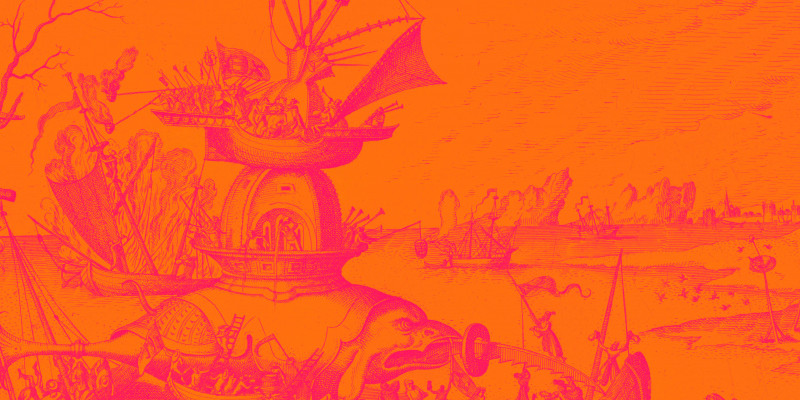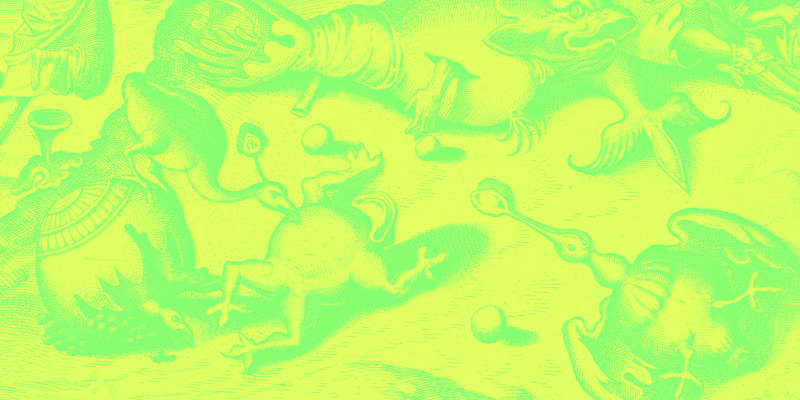Secrets and Pop
Using audio art as an expressive medium, I use performative autoethnography to interrogate my family’s lived grief. I contemplate how societal shaming affects and dislocates mental health, and how popular music can provide reparative queer identification and posthumous emotional connection. As Holman Jones, Adams, and Ellis (2016) outline, autoethnography can provide cultural critique, further research knowledge, and examine an individual's reaction and/or stigmatisation. By disrupting previously accepted research 'norms', I propose that an autoethnographic artwork, framed as an audio paper has the potentiality to provide insider insight, relieve difficult experiences of the artist researcher, and provide them with agency, simultaneously making knowledge more readily accessible to an audience beyond academia.
This is both an audio paper and an intimate disclosure seeking objectivity overfraught with a lived experience that is intrinsically subjective in its distressing nature. Interweaving extracts from previous artworks and a creative planning discussion with artist Amber Franks, this audio performance paper queries if the application of sound and music has the potential to evoke and relieve the pain of intergenerational grief. If so, then is it also possible that through the reconsideration of subcultural status, and comfort proffered by the familiarity and codification of popular music, that the acuteness in the pain of guilt and shame can to some degree be revoked or at least acknowledged?
It should be noted that the family at the origin of the story in this audio paper includes references and analysis of materials that are potentially upsetting and sensitive as they relate to sexual assault, incest, and paedophilia.



